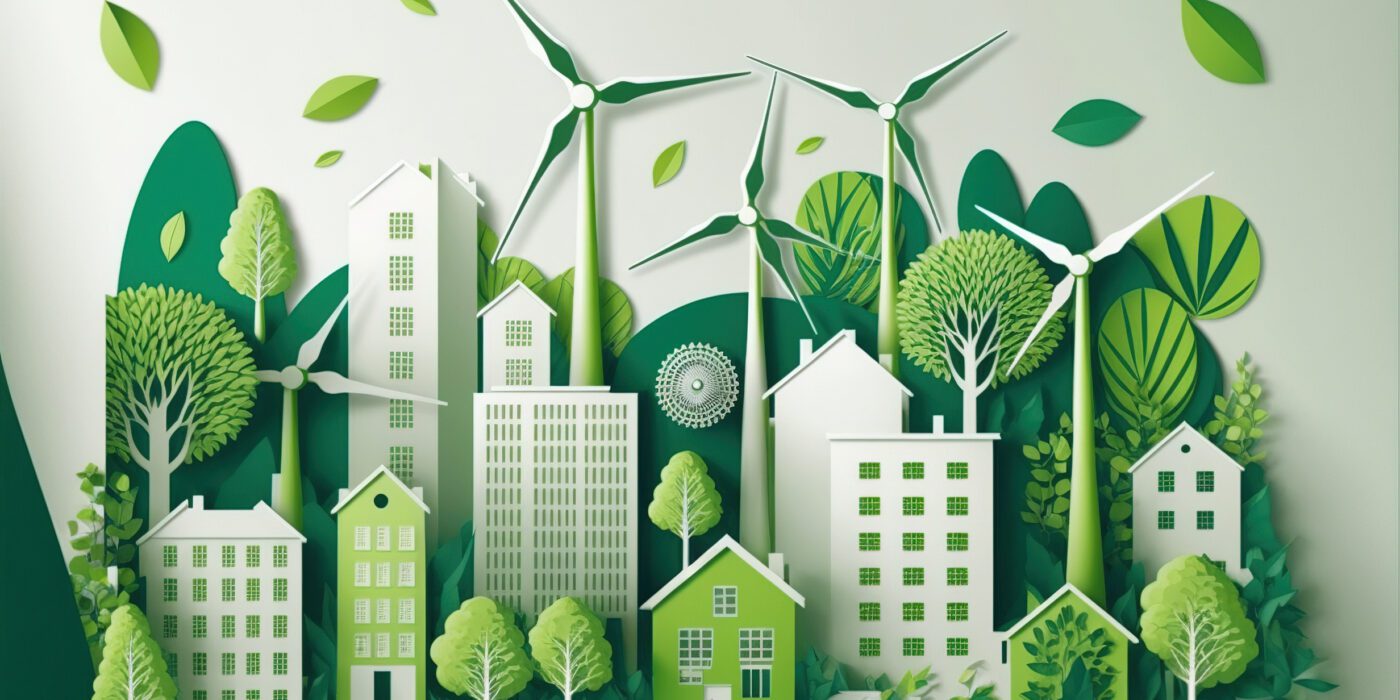ISLAMABAD: City managers have decided to strictly enforce energy-efficient building codes in the capital, making adherence to the National Energy Conservation Building Codes 2023 mandatory for all upcoming construction projects.
At a meeting held at CDA Headquarters on Tuesday, chaired by CDA Chairman Muhammad Ali Randhawa and attended by National Energy Efficiency and Conservation Authority (NEECA) Managing Director Sardar Moazzam along with CDA board members, officials reviewed the adoption and implementation of the new codes and by-laws of the Pakistan Engineering Council.
Under the plan, building owners will be required to use energy-efficient materials and install low-voltage, energy-saving electrical systems. New building plans will not receive approval unless they comply with the updated standards. CDA has already issued a notification for their enforcement.
Officials noted that compliance will not only improve energy conservation but also reduce electricity costs for citizens. The meeting also discussed the establishment of electric vehicle (EV) charging stations across the city, including at petrol pumps, government facilities, and commercial areas.
NEECA informed participants that it has developed software tools such as the Building Performance Database, ECBC Compliance Tool, and Residential Load Factor Tool to monitor implementation. Training programmes are also being conducted in relevant institutions.
CDA has directed the creation of a financial model to gradually bring older residential and commercial buildings into compliance, with phased implementation after financial reviews. Meanwhile, NEECA announced that electricity would be supplied to registered EV charging stations at subsidised rates, and CDA’s electric feeder buses would be registered with NEECA.
The meeting concluded with consensus on energy conservation, strict enforcement of energy-efficient building codes, and expanding EV charging infrastructure in Islamabad, in line with the prime minister’s vision of sustainable urban development.

